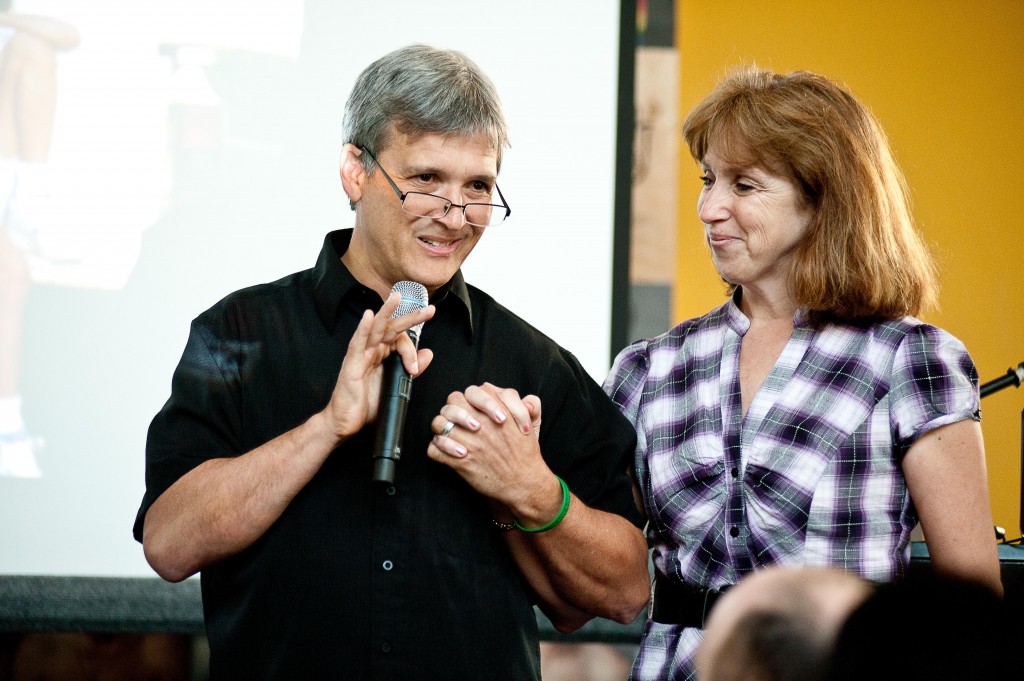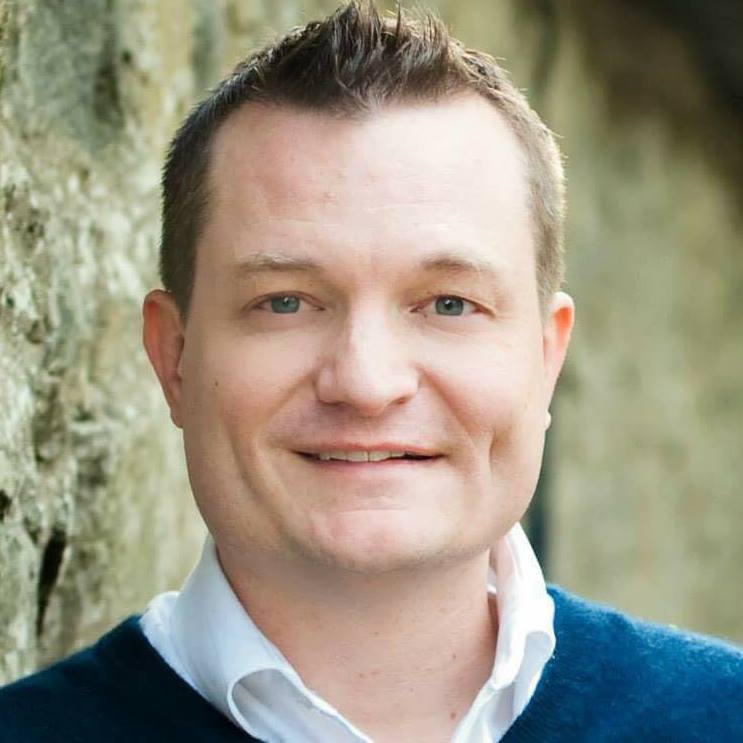|
Love God, and love your neighbor as yourself. No long list of rules. No pages upon pages to memorize, prayers to recite or tasks to complete. Love God, love your neighbor--it is so simple.
One of the worst massacres and violation of love of God and neighbor happened in Rwanda in 1994. If you have seen the movie Hotel Rwanda, it tells this story about ethnic cleansing. The Belgiums had ruled over this African nation for decades, and they set into place some of the things that would lead to this massacre. They arbitrarily divided the Rwandans up into Hutus and Tutsis, based on slight differences in skin color and other physical characteristics. In 1990, when Billy Joel was singing We Didn't Start the Fire, Rwanda was in the midst of a Civil War between Hutus and Tutsis. But the moderate Hutu president of Rwanda negotiated a peace treaty which included power sharing between the groups. Radical Hutus warned the President that they would kill him if he signed this agreement, and they did. On a Thursday night in April, the president's plane was shot down--it was only later leaned that this was by the radical Hutu rebels. And that was the signal that would set off plans for one of the worst ethnic cleanings ever, where some 600,000 to a million Tutsis were killed by the Hutus. Now the thing that is so disturbing about this, besides the act itself, is that these were not communists or fascists or secularists. This was an overwhelmingly Christian nation. Where was their devotion? What happened? How could they claim to be Christians, and then systematically go about killing their neighbors? This week I was invited down by one of our church members to the Pentagon to the chaplain's luncheon to hear Carl and Teresa Wilkens talk about their experience in Rwanda. They came to Rwanda four years prior to the genocide, serving as Christian missionaries and humanitarian workers. Carl stayed there throughout the war and wrote a book called, I'm Not Leaving. On that Thursday, the Wilkens hid in their house as gunfire went off everywhere. They were lying on the ground, telling their children that they were playing a game. Meanwhile every one of their neighbors who did not have "Hutu" on their ID card were being slaughtered with machetes. The next morning they found out from their neighbors who were Hutu that the militia and men with machetes had come during the night and had planned to kill them. They thought they were Belgiums, and believed that Belgiums had shot down the president's plane. The only thing standing between the Wilkens family and that death squad literally was their neighbors. They told them that they had lived there with them in their neighborhood for years. They knew them. They recited small acts of kindness that they had done for them, such as taking them to the hospital in the middle of the night. But of all of the things that they told the killers that night, one thing stood out. They said, "This family's children plays with our children." Their children--Mindy, Lisa, and Shaun--had spent four years laughing, playing, and building bonds together. And it was this love of neighbor--of truly loving them and living among them, and the stories of this love--that saved their lives. In his presentation, Carl Wilkins said that what led to the Rwandan genocide was the failure of love of God and neighbor. But that one instance of love on that murderous night allowed this one Christian family to live--and that allowed Carl to stay on through the genocide and save hundreds of men, women, children, and orphans. All because of small acts of love and kindness and the friendship of children playing together. What do you think that we can learn from this story about loving God and neighbor?
2 Comments
|
Search this site for a preaching topic or sermon illustration or click on the categories below!
AuthorDr. James Nored is a minister and Executive Director of Next Generation for Christ. Categories
All
Archives
January 2016
|


 RSS Feed
RSS Feed